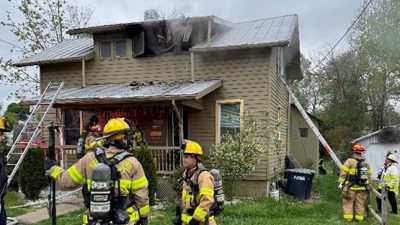
The disparity in income seen in our region exists throughout the country. There is no one solution to the problem, but 29 states and the District of Columbia and 23 U.S. cities have raised the minimum wage as a way to reduce income inequality. My bill to raise the minimum wage in Virginia was defeated on a party-line vote of 6-4 in a subcommittee last week. This is the second year the bill has been defeated. Virginia’s minimum wage is the same as the federal $7.25 per hour which the Congress has likewise refused to raise.
Since the minimum wage of 25¢ per hour was first adopted in 1938, national and state governments have periodically raised it to keep up with inflation and changes in the economy. The current rate of $7.25 was set by the Congress in 2009. Most economists agree that the minimum wage had its greatest purchasing power in 1968 when it was $1.60. My bill called for a “truing up” to the 1968 level of purchasing power that would be $9.54 per hour that I round up to $10.00 in the first year increasing over time to 2018 when it would be $15.00. My bill was intended to restore purchasing power to consumers and to move them towards a living wage.
Working a 40-hour week at the current minimum wage of $7.25 per hour for 50 weeks produces an income of $14,500 that is below the federal poverty level. In Fairfax County the median household income is $110,674 and in Loudoun County $122,294. Representatives of the Reston, Loudoun and Fairfax County Chambers of Commerce as well as the state chamber spoke in opposition to my bill.
Raising the minimum wage could directly affect 725,000 Virginians. Of these people, 90 percent are over age 20, 57 percent work full time, and 31 percent work more than 20 hours per week. Of these persons 82.4 percent have at least a high school diploma and 48 percent have some college education.
I fully support programs that feed and house the hungry, but at the same time I vigorously support programs that compensate workers more adequately for their work. I hope that community and business leaders can get behind future efforts to raise the minimum wage as a way to reduce income inequality in our community.
Ken Plum is a member of the Virginia House of Delegates.










